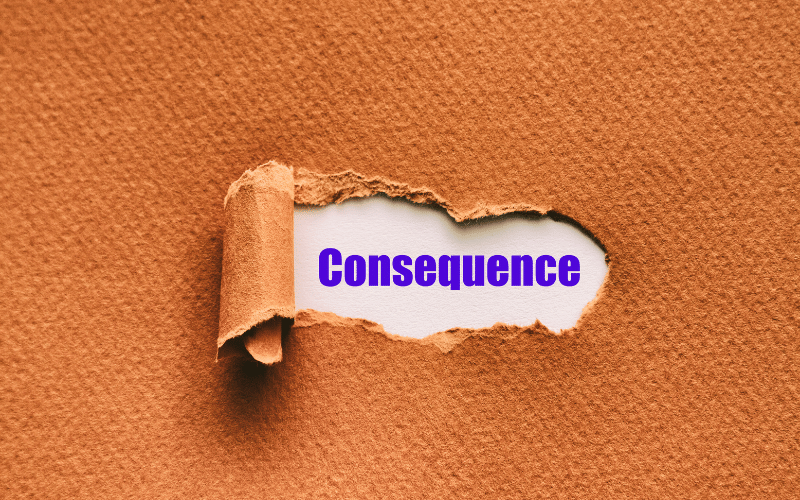4. The Consequences of ECC: Beyond the Mouth

The repercussions of ECC stretch far beyond the teeth and can significantly impact a child’s overall health and well-being. Pain and discomfort from caries can lead to difficulties in eating, which in turn can result in nutritional deficiencies. This lack of proper nutrition can stifle a child’s physical development and growth, creating a cascade of health issues.
Chronic dental pain from ECC can also affect a child’s ability to speak and communicate effectively. It can interfere with the development of clear speech patterns, leading to potential delays or issues in language acquisition. This can have a ripple effect on a child’s social development and self-esteem as they interact with peers and adults.
Moreover, the presence of ECC can influence a child’s academic performance. Pain and the associated discomfort can lead to distraction, absence from school, or a lack of participation in class. These academic disruptions during crucial learning periods can have long-lasting effects on a child’s educational trajectory.
The psychological impact of ECC is profound. Children with visible tooth decay may become self-conscious or embarrassed, leading to social withdrawal or reluctance to engage in activities that involve interaction with others. It’s vital to acknowledge and address these psychosocial aspects of ECC, ensuring that affected children receive the support they need.
Early childhood caries is also a predictor of future dental problems. If left untreated, ECC can result in damage to permanent teeth, misalignment issues requiring orthodontic treatment, or even more severe infections that can spread beyond the oral cavity. Early intervention is not just about preserving baby teeth; it’s about setting the stage for lifelong oral health. (4)